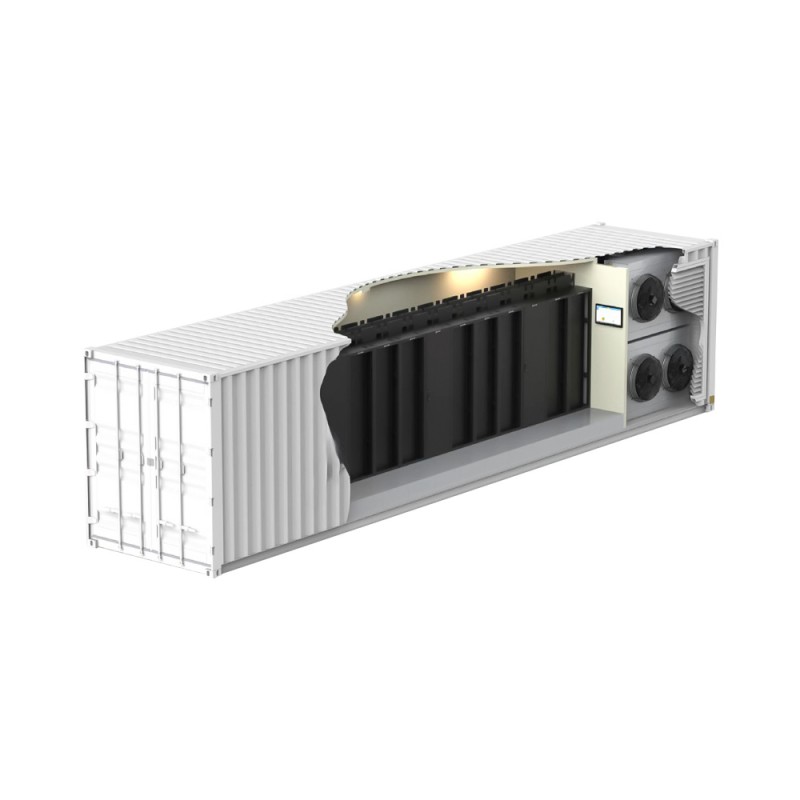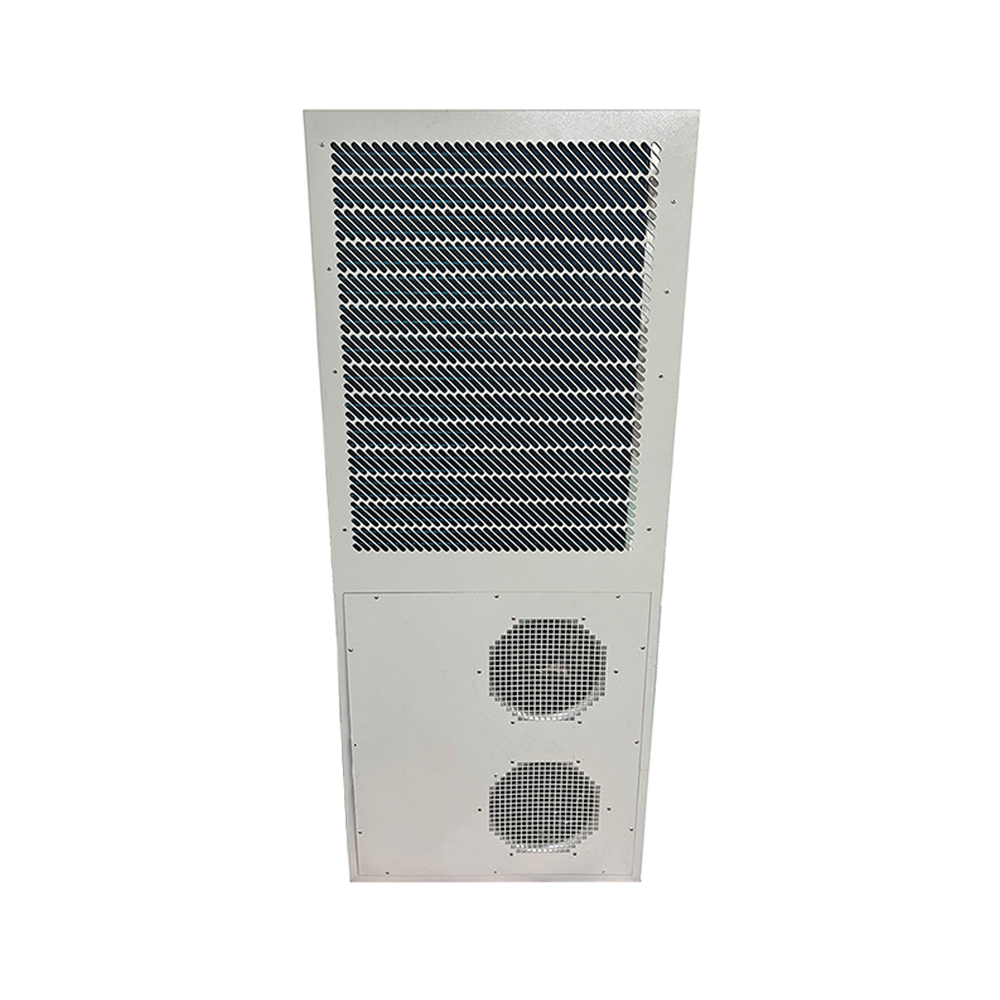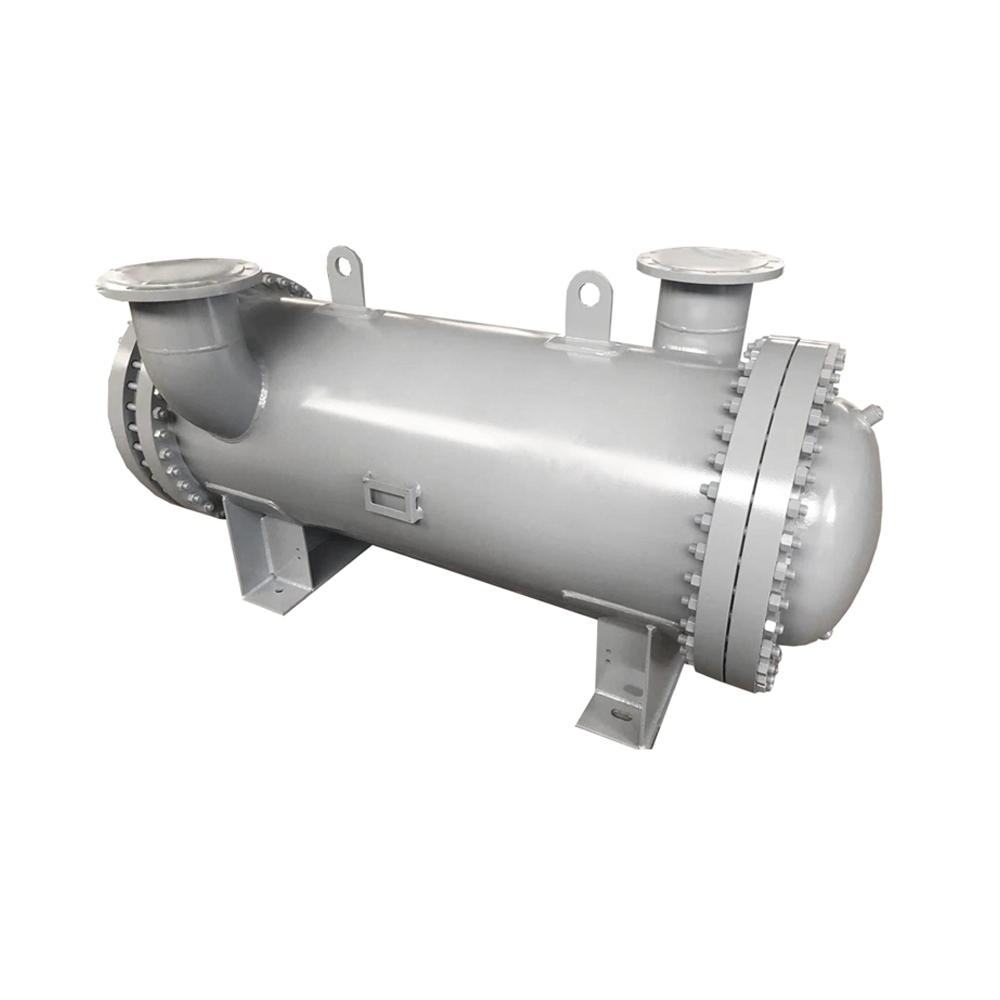Choosing the right dry cooler HVAC system is crucial for efficient and reliable cooling. This guide provides a detailed overview of the best dry coolers HVAC options available, considering factors like efficiency, capacity, and application. We'll explore various types, helping you make an informed decision for your specific needs.
Understanding Dry Coolers in HVAC Systems
Dry coolers HVAC systems are air-cooled heat exchangers used to reject heat from a refrigeration cycle or other industrial processes. Unlike evaporative coolers, they don't use water, resulting in lower water consumption and reduced scaling and maintenance. They are particularly suitable for applications where water scarcity is a concern or where high-quality water is required for other processes. The efficiency of a dry cooler HVAC system is heavily dependent on factors such as ambient air temperature, fan performance, and fin design. Selecting the correct size and type is critical for optimal performance. Several key performance indicators (KPIs) are important to consider when choosing a system, such as cooling capacity (measured in kW or tons), air flow rate, and pressure drop across the system.
Types of Dry Coolers
Air-Cooled Condensers
These are the most common type of dry cooler HVAC system. They utilize a fan to blow ambient air across finned coils, where the refrigerant releases heat. Different designs exist, including those with axial fans (for high airflow at lower pressure) and centrifugal fans (for higher pressure applications). Shanghai SHENGLIN M&E Technology Co.,Ltd (https://www.ShenglinCoolers.com/) offers a wide range of high-efficiency air-cooled condensers for various applications.
Closed-Circuit Dry Coolers
Closed-circuit dry coolers HVAC systems are designed for applications requiring precise temperature control and protection against contamination. The refrigerant never directly contacts the outside air; instead, an intermediary fluid transfers heat. This configuration is often preferred in industries with stringent cleanliness requirements. They offer improved efficiency and longer lifespan compared to traditional open-circuit designs.
Other Specialized Dry Coolers
Specialized dry coolers HVAC units cater to specific needs and industrial processes. For instance, some models incorporate advanced features like variable speed drives for optimized energy consumption and intelligent control systems for remote monitoring and management. The selection of the appropriate type often depends on the specific cooling requirements and the environmental conditions.
Factors to Consider When Choosing a Dry Cooler
Selecting the optimal dry cooler HVAC requires careful consideration of several factors:
Cooling Capacity
This refers to the amount of heat the system can remove. The capacity should be matched to the cooling load of the application to ensure efficient operation. Oversizing can lead to wasted energy, while undersizing can result in insufficient cooling.
Ambient Temperature
The ambient air temperature significantly impacts the efficiency of a dry cooler HVAC system. Higher ambient temperatures reduce the effectiveness of heat rejection. Systems designed for higher ambient temperatures often incorporate larger heat exchangers or more powerful fans.
Efficiency
Efficiency is crucial for minimizing energy consumption and operating costs. Look for systems with high-efficiency fans, optimized fin designs, and possibly variable speed drives to dynamically adjust to varying cooling loads. Manufacturers typically provide efficiency ratings (e.g., EER or COP) that allow for comparisons between models.
Maintenance Requirements
Regular maintenance is essential for optimal performance and longevity. Consider the ease of access for cleaning the coils and replacing filters. The frequency of maintenance also depends on the environmental conditions and the type of dry cooler HVAC chosen. Choosing robust, corrosion-resistant materials can extend the life and reduce long-term maintenance costs.
Dry Cooler vs. Evaporative Cooler: A Comparison
| Feature | Dry Cooler | Evaporative Cooler |
| Water Usage | Minimal to none | Significant |
| Cooling Efficiency | Lower than evaporative at lower ambient temps, more consistent at higher temps | Higher at lower ambient temps |
| Maintenance | Relatively low | Higher (scaling, water treatment) |
| Cost | Generally higher initial cost | Generally lower initial cost |
Conclusion
Selecting the best dry cooler HVAC involves a thorough assessment of your specific needs and operational parameters. By carefully considering factors such as cooling capacity, ambient temperature, efficiency, and maintenance requirements, you can choose a system that provides optimal performance and cost-effectiveness for your application. Remember to consult with HVAC professionals for personalized recommendations and system design.









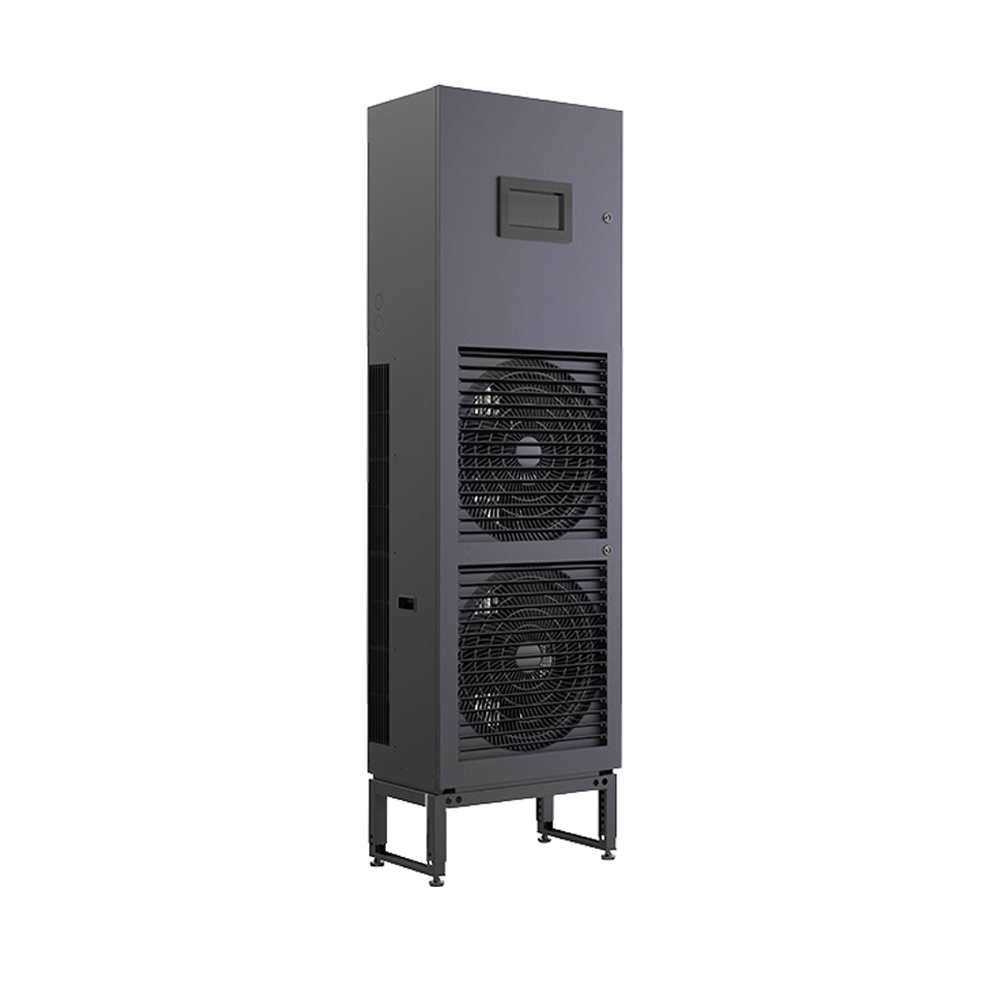
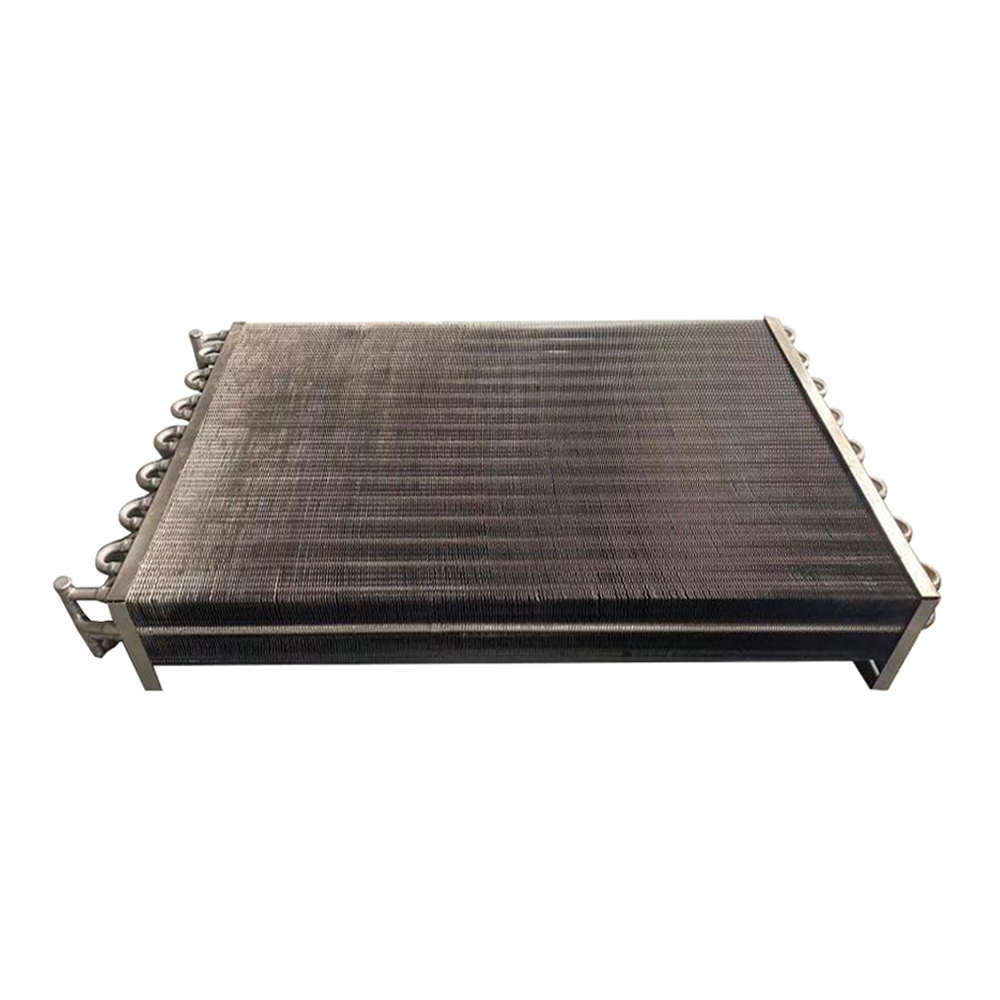
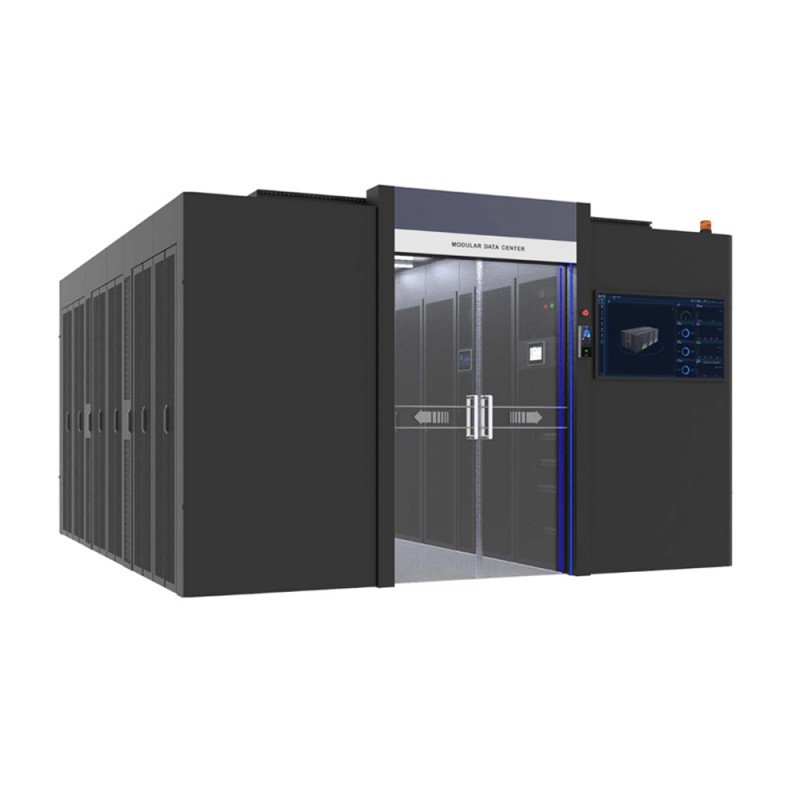
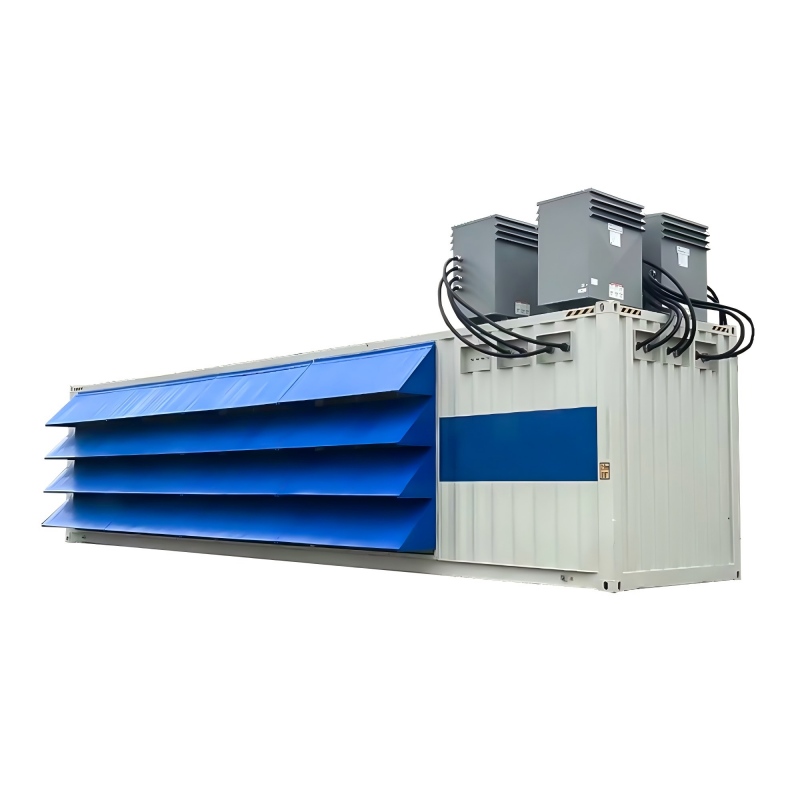
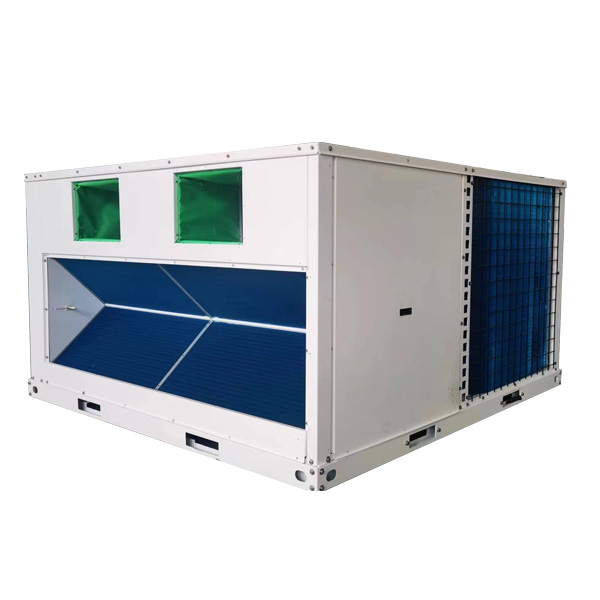
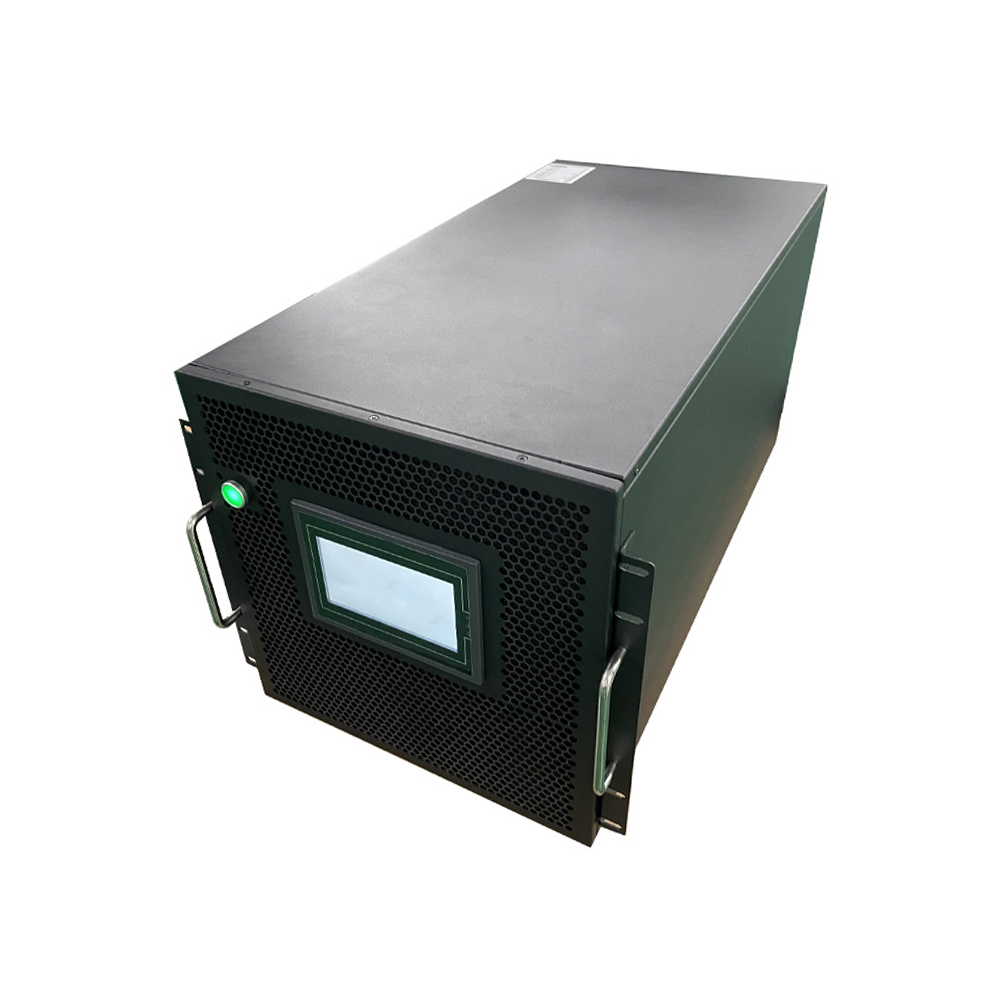
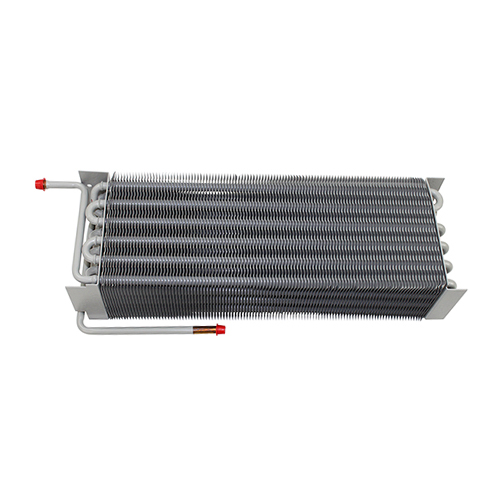
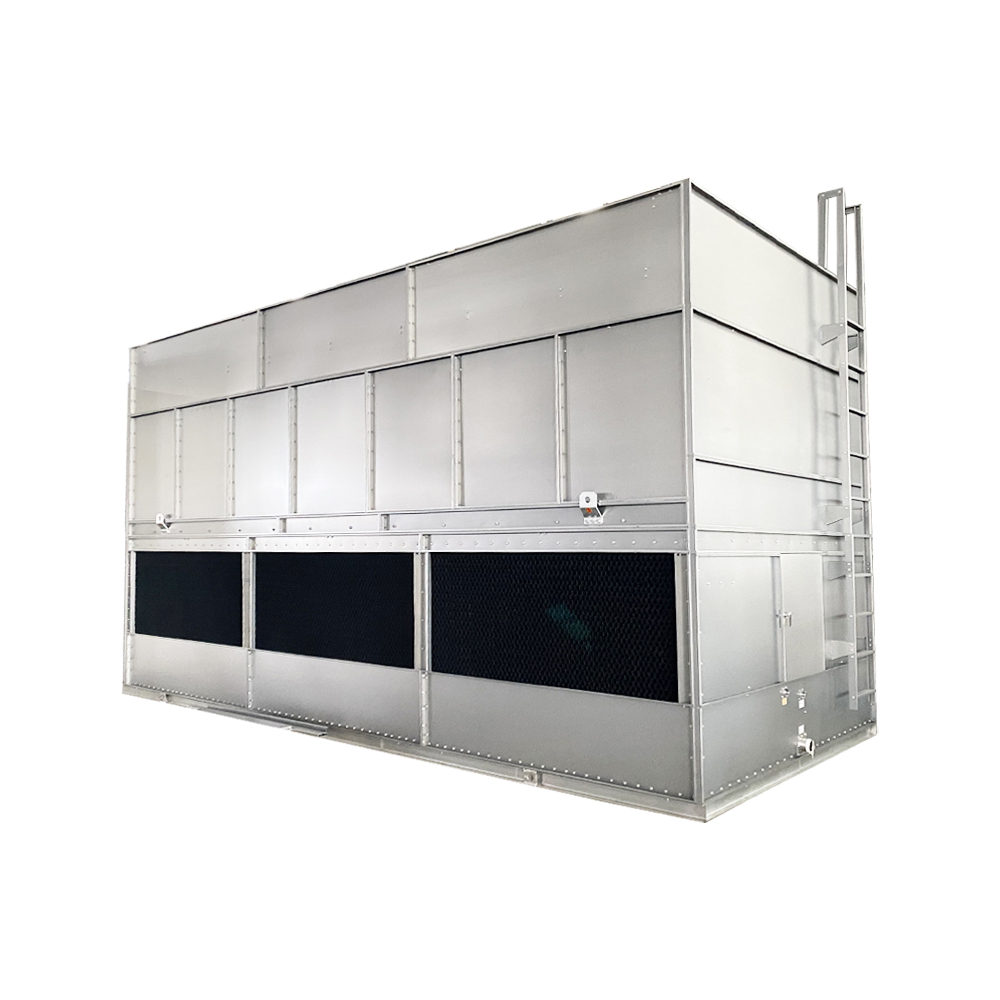

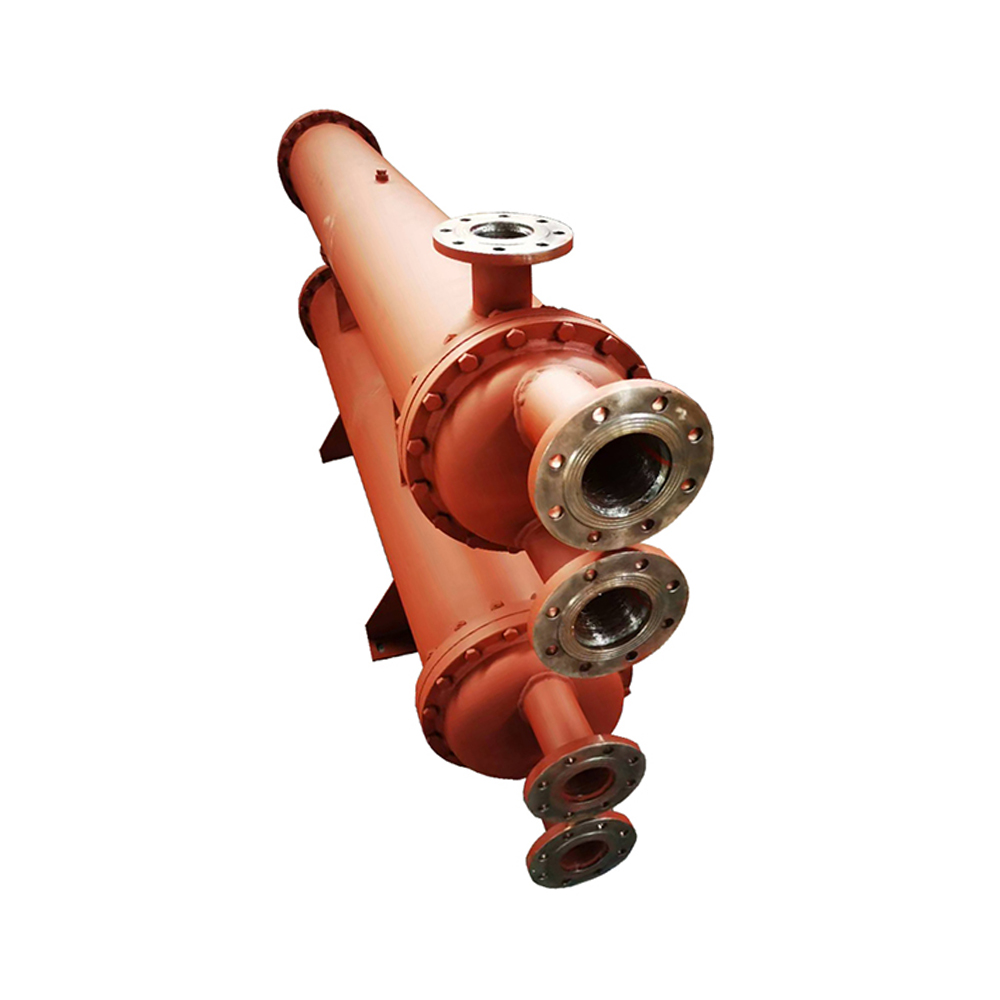
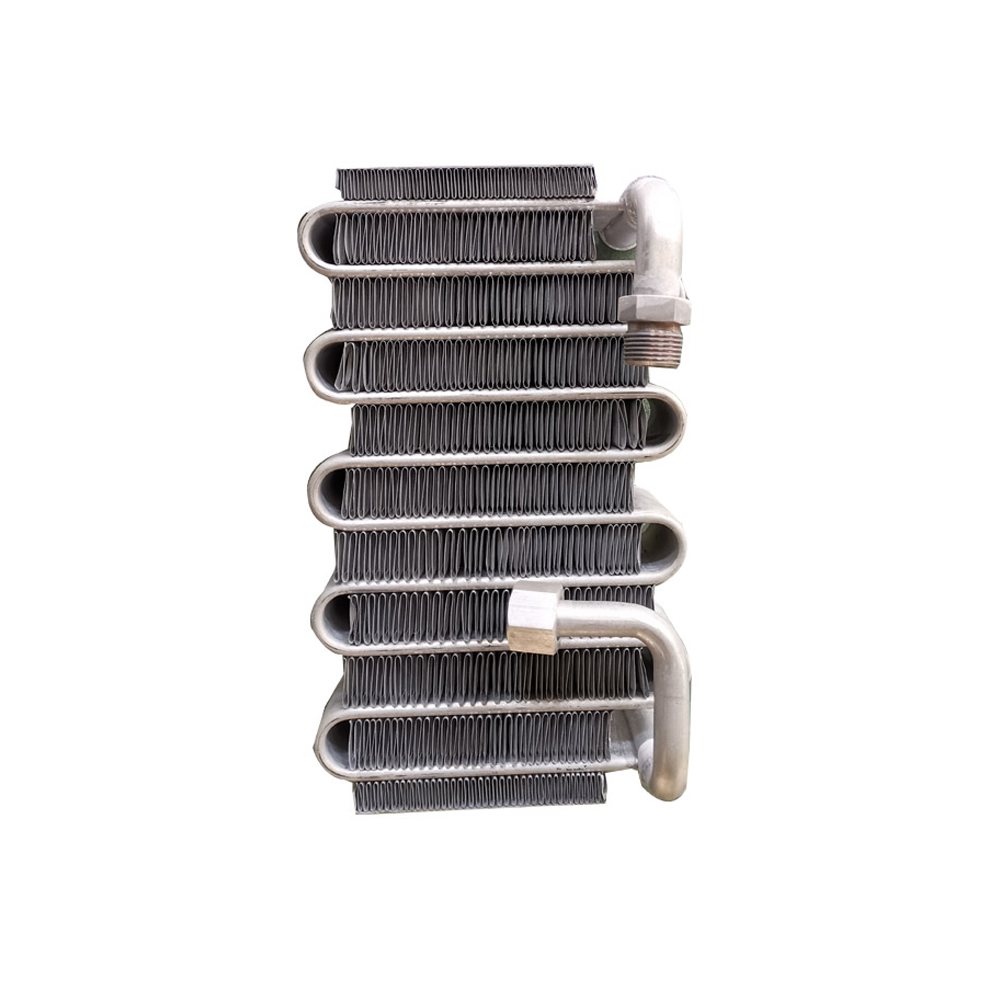
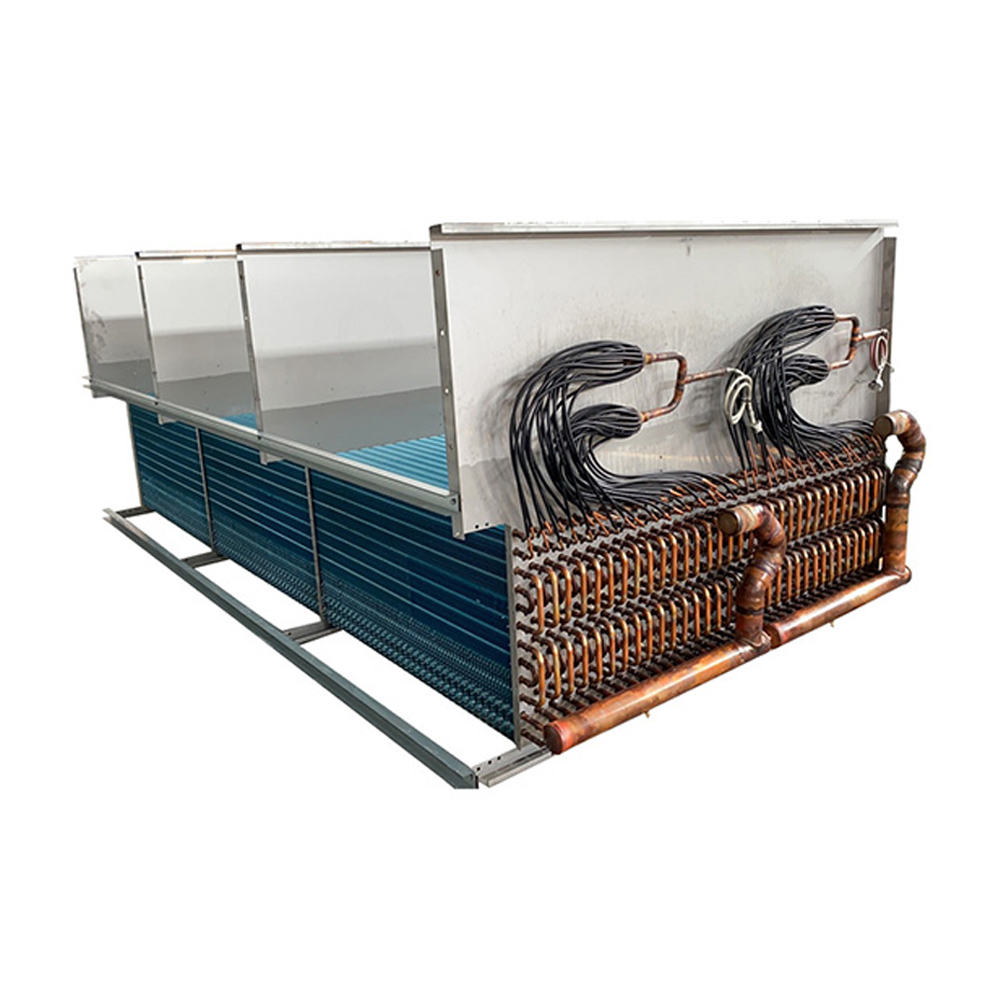
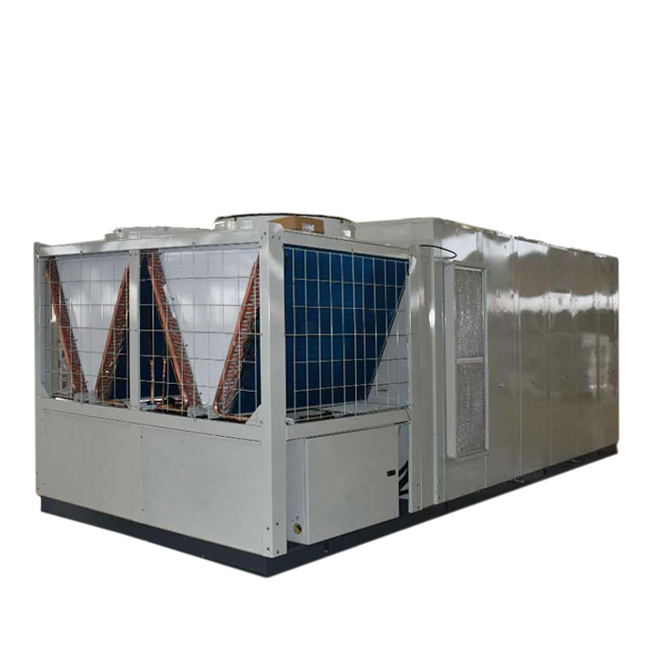
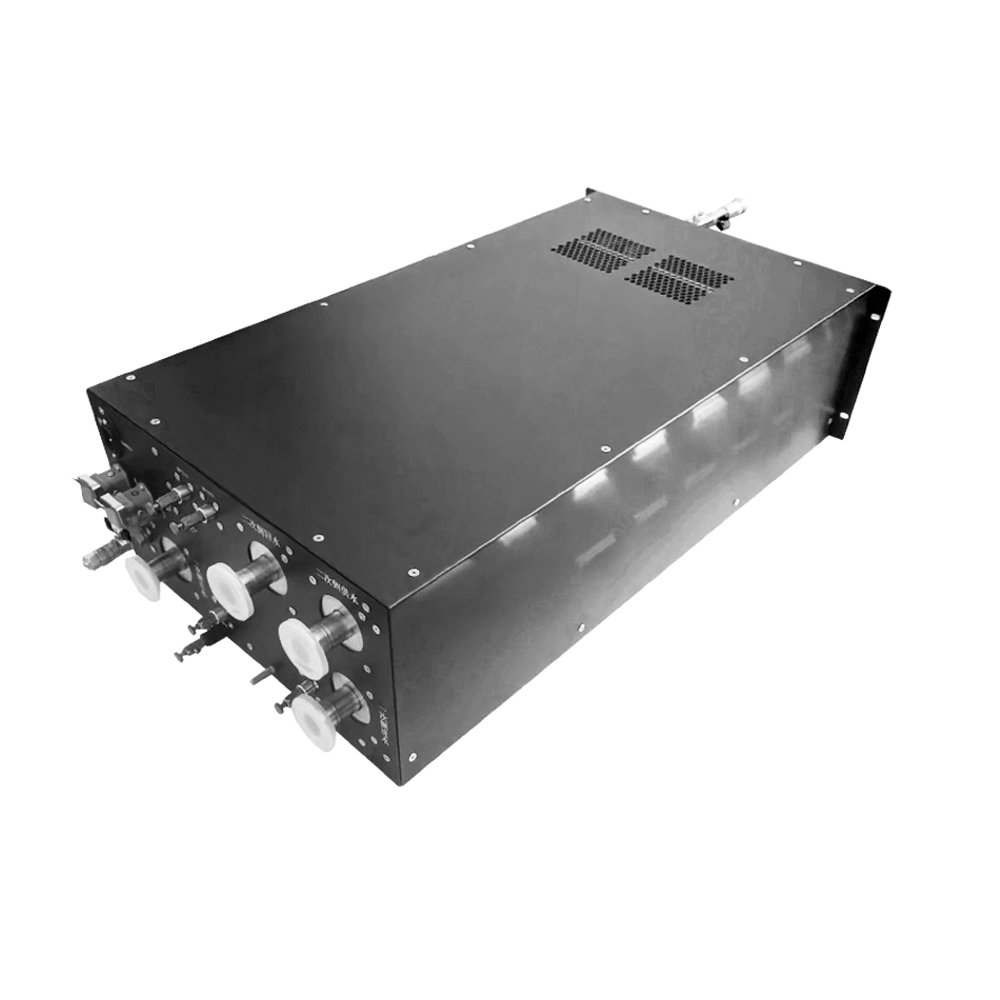
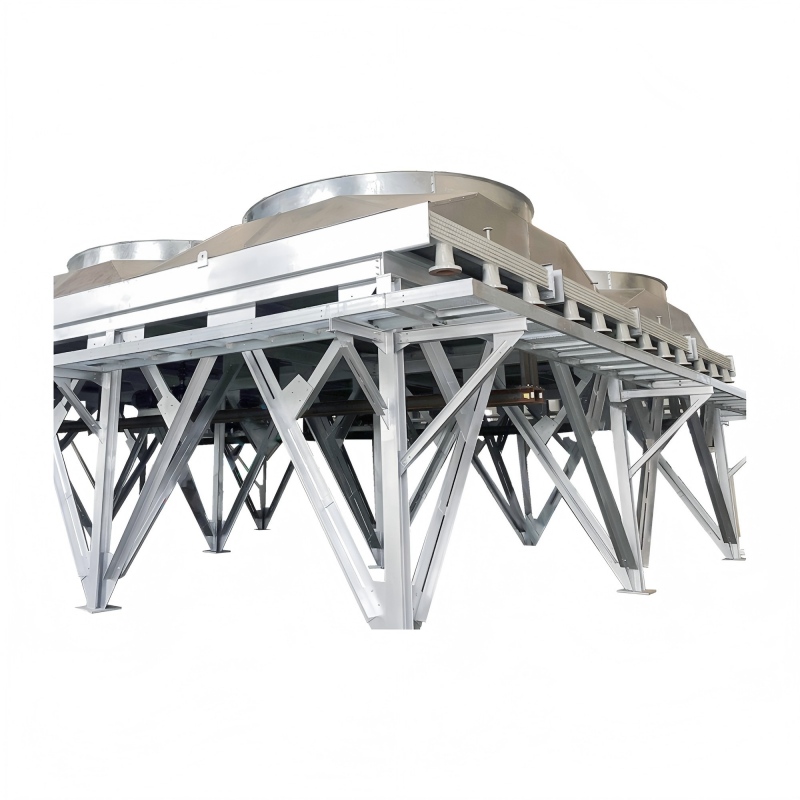
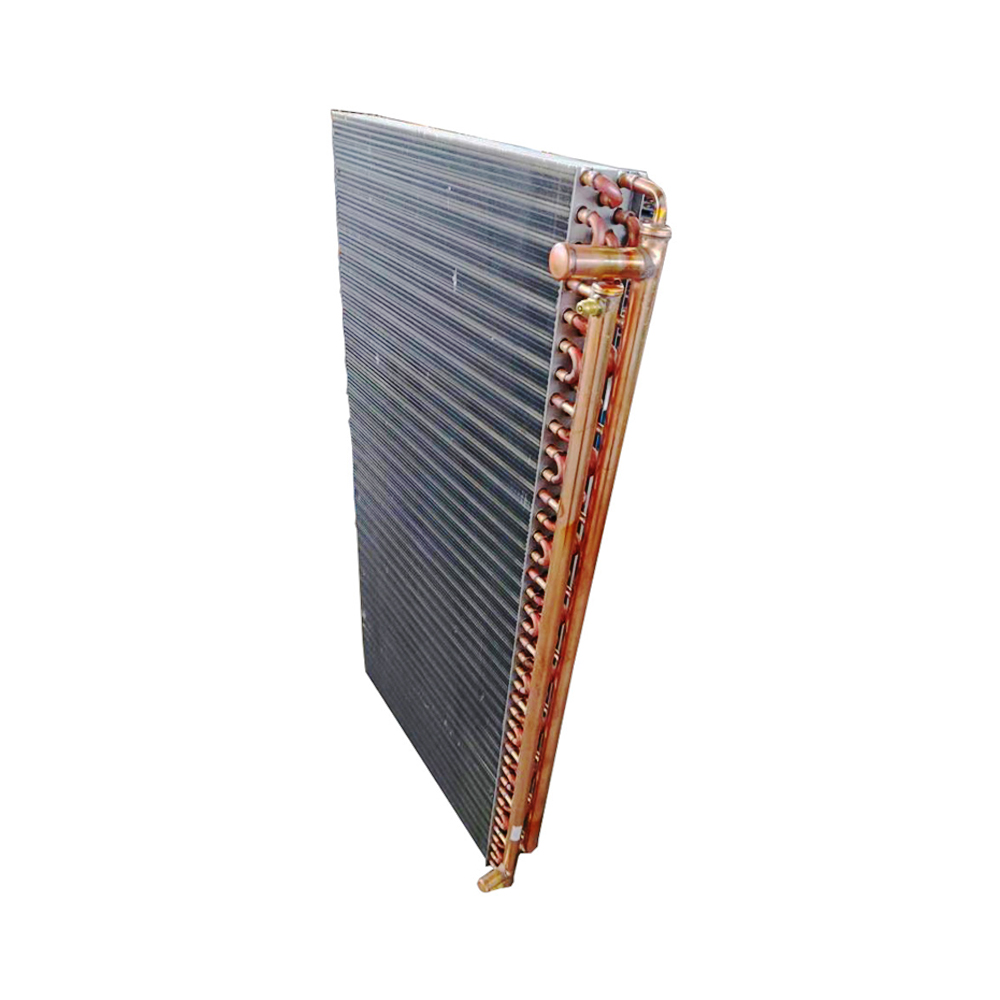
.jpg)
